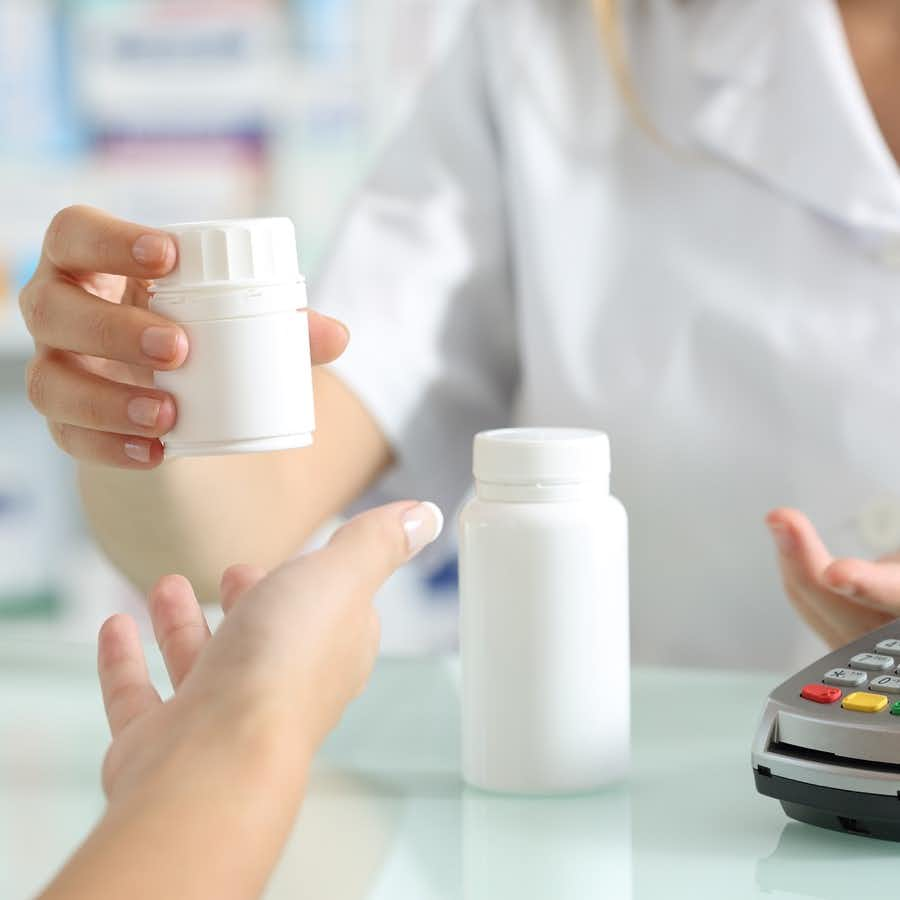
Chances are good that you have discovered shortages of everything from hand sanitizers and toilet paper to pasta and bottled water. People are panic-buying because of fear of COVID-19. Good luck trying to find face masks online or at your local pharmacy. One thing a lot of people have been taking for granted, though, is medication. Americans just assume that their mail-order pharmacy or local drug store will continue to supply critical medicines. That may be overly optimistic. We have been encouraging people to stock up for weeks. Here is a link!
Where Do Your Critical Medicines Come From?
An under-recognized consequence of the global coronavirus epidemic is the potential for drug shortages. Many of the raw materials for our medicines are made in China. Hubei province, the epicenter for the coronavirus epidemic, is where many of China’s drug manufacturers are located.
India makes many of the generic medications Americans take, but Indian manufacturers get the majority of their active pharmaceutical ingredients from China.
Reuters reports that:
“Indian drugmakers rely on China, the source of the virus outbreak, for almost 70% of the APIs [active pharmaceutical ingredients] for their medicines. Industry experts say they are likely to face shortages if the epidemic drags on.”
The Indian Government Is Taking Action!
Now, the Indian government is restricting exports of 26 important medications, including antibiotics like erythromycin and neomycin, antivirals such as acyclovir, Vitamins B1, B6 and B12, the hormone progesterone and the fever medicine acetaminophen. An insider told us that Indian drug companies stockpile about two months’ worth of essential ingredients. They are starting to run low.
The Guardian (March, 4, 2020) reports:
“Sahil Munjal, the vice-chair of the pharmaceutical export promotion council of India, said the restrictions could have a lasting impact on the global availability of commonly used drugs.
“‘In India we have maximum dependency on China, so if things do not improve in March and China’s factories do not reopen then it is going to be a big, big disruption in global logistics and in the market,’ Munjal said.”
“He said the impending shortages were already pushing up prices. ‘If coronavirus goes on much longer, there will definitely be an impact on Indian plants and then 100% there will be a shortage of these medicines across the world. And right now it is very difficult to know what is happening in China, so we don’t know when the factories might open again.’”
Indian drug firms make a lot of money exporting critical medicines to the U.S. One estimate puts the dollar amount around $20 billion. But when push comes to shove, the country is going to protect its own citizens over Americans. That is why the Indian government wants to make sure it has an adequate amount of critical medicines for people in India before it lifts export restrictions.
The FDA Is Watching and Waiting:
The Food and Drug Administration is trying to figure out how these various cut backs will affect Americans’ access to critical medicines. The FDA has announced that it is tracking a number of drugs that are made in part or in whole in Chinese facilities.
One product is already in short supply, though the FDA is not divulging its identity. We suspect it is an antibiotic.
A pharmacist colleague, Erin Fox, Tweeted:
“Absolutely ridiculous to release something like this without the drug name. What is going on @SteveFDA @US_FDA ??? Does the drug name have to be cleared through Pence? https://twitter.com/mikewcnc/status/1233232205603917826 …”
The feds also admit that 20 other medications may soon end up on their drug shortages list.
What Can Americans Do About Critical Medicines?
We have been warning you, our loyal reader, about this impending problem for a few weeks. Here is an article that provides some specific suggestions:
Can You Prepare for Drug Shortages Resulting from the Coronavirus?
Covid-19 has closed factories in some parts of China. Most of our active pharmaceutical ingredients come from that country, so drug shortages may result.
Instead of “may” result, we would now say will result! At the bottom of the article you will find strategies under the headline:
How to Get Enough Medicines to Avoid Drug Shortages:
Why This Crisis Happened:
Once upon a time most of the critical medicines taken in the United States were made in the United States. Over the last 10 or 20 years, however, many drug companies have turned to foreign manufacturers. That’s because making drugs is cheaper overseas. Labor is less expensive and FDA exercises less oversight.
We have talked to two investigative reporters about this mess. Rosemary Gibson warned about this potential problem on our syndicated public radio show on August 13, 2018. You listen to the streaming audio by clicking on the arrow inside the green circle under Rosemary’s photograph. Here is a link to the podcast. You can also download the free mp3 file by clicking on the link at the bottom of the page.
Show 1131: Was Your Medicine Made in China?
In the last 20 years, pharmaceutical manufacturing has shifted to other countries from the US. Find out what difference it could make if your medicine was made in China.
More recently we interviewed Katherine Eban, author of Bottle of Lies. She explains the challenges associated with relying on India and China for most of our generic medications. Here is a link:
Show 1169: What Are the Problems with Generic Drugs?
When investigative journalist Katherine Eban took a close look at medicine manufacturing, she uncovered many frightening problems with generic drugs.
Share Your Thoughts!
Please tell us how you are managing as the COVID-19 virus spreads. Do you have a three-month supply of critical medicines on hand? Have you had any problems with your insurance company? We would like to know about your experience in the comment section below.

